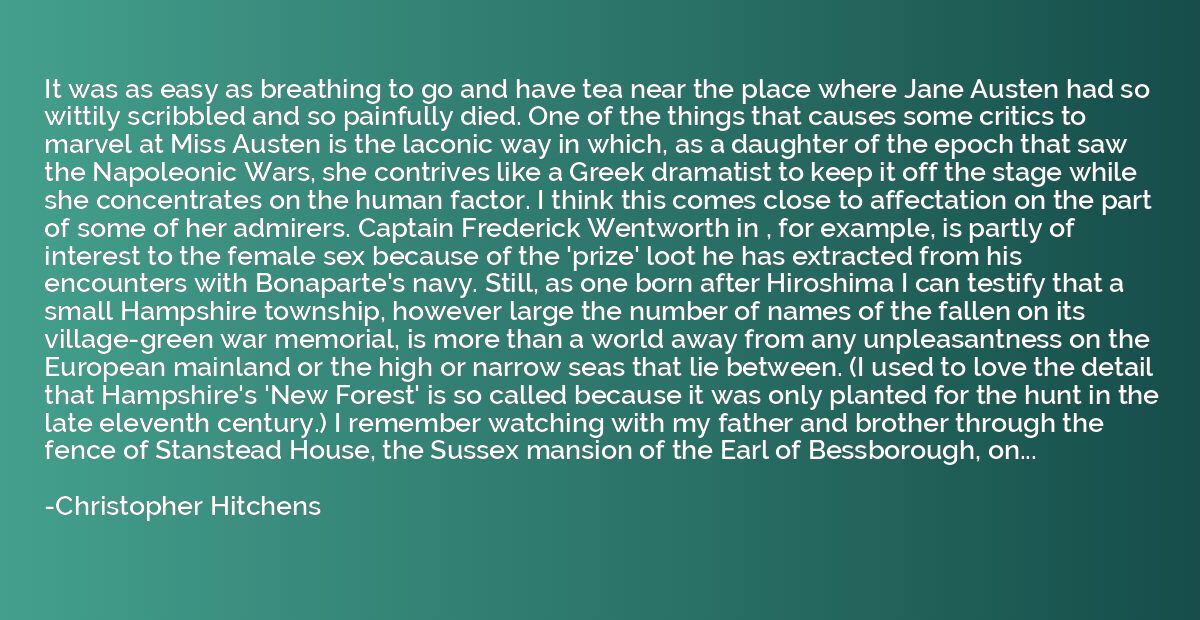Phumzile Mlambo-Ngcuka Quotes
A collection of quotes by Phumzile Mlambo-Ngcuka.
Phumzile Mlambo-Ngcuka is a prominent South African politician, activist, and feminist leader. Born on November 3, 1955, in Clermont, Durban, she has played a significant role in championing women's rights and gender equality both in her home country and on the international stage.
Mlambo-Ngcuka's political career began in the 1990s when she became a Member of Parliament and served as the Deputy Minister of Trade and Industry in Nelson Mandela's government. She later held various government positions, including Minister of Minerals and Energy and Deputy President under President Thabo Mbeki. In these roles, she focused on economic development and empowerment, particularly for marginalized and disadvantaged communities.
Recognizing the persistent challenges faced by women and girls, Mlambo-Ngcuka devoted herself to promoting gender equality globally. In 2013, she was appointed as the Executive Director of UN Women, an agency working to advance women's rights and gender equality across the world. During her tenure, she has been a vocal advocate for ending violence against women, achieving women's economic empowerment, and increasing women's political participation.
Mlambo-Ngcuka has received numerous awards for her exceptional leadership and dedication to advancing women's rights, including the Harvard University Global Trailblazer Award and the Forbes Africa Woman Award. She continues to inspire and empower women by tirelessly fighting for their rights and striving for a more inclusive and gender-equal world.



